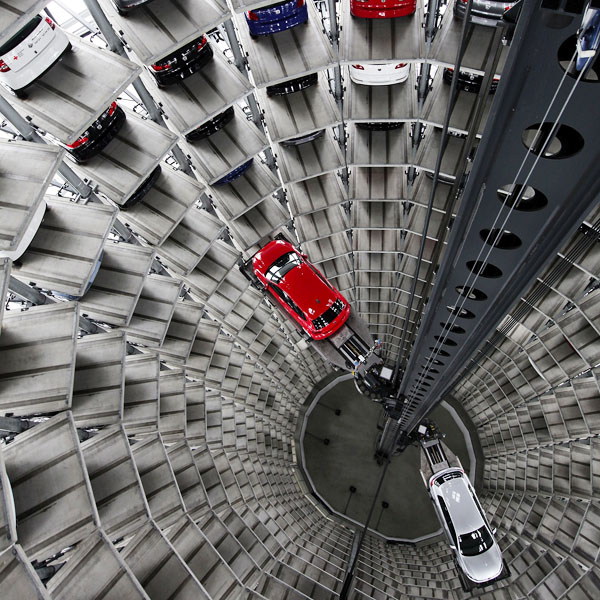
Future ideas
Our judges’ pick of the ideas most likely to shape tomorrow’s world of business
Future of driving
One of the more visible of mankind’s changes to the fabric of the planet can be attributed to the motor car. Not only are vehicles to be found in almost every landscape, but the infrastructure that supports them is also inescapable. The ribbons of roads binding cities, towns and villages together are a testimony to people’s infatuation with personal transport.
But the growth in the car population from near-zero to much more than 1bn in little more than a century comes at a price. Vehicles that are still marketed by manufacturers as freedom machines are, in many places around the planet, transformed by traffic to barely mobile cages.
Combine that with environmental concerns about even today’s much greener vehicles, and the tide of public opinion about cars may well have turned – at least in much of the developed world. Mountain villagers in Nepal still compete to be the first to have a motorcycle parked outside their front door, and China is buying cars at a rate faster than any other country – but many young people in developed nations lack any interest in learning to drive.
This increasing trend is worrying the carmakers. The answer of Germany’s BMW, for example, is a version of the car-sharing schemes run by Zipcar and others that are set to grow further and encourage use if not ownership.
Electric cars will become more prevalent, fast-improving battery technology reversing the slow take-up now – although there is still mileage in improving internal combustion engines. But the way users interact with their cars will undergo a more fundamental change. Cutting down on accidents will become an ever greater part of regulation-enforced vehicle design – and the logical extension of that is giving the task of driving to computers. In the same way that autopilots have become essential on airliners, contributing hugely to safety, technology such as lane-assist and automatic braking will go from being driver aids to taking over the whole task. Such vehicles will revolutionise the way we use cars and what we do with the time we spend in them, as well as speed traffic flows by talking to each other.
Another answer to congestion, though, lies with two-wheelers. Enclosed, crash-protective, weatherproof, small motorbikes would take up less road space, save commuting time, and help to save the planet. That combination would indeed represent a point further on in our love affair with vehicles.
Rohit Jaggi
